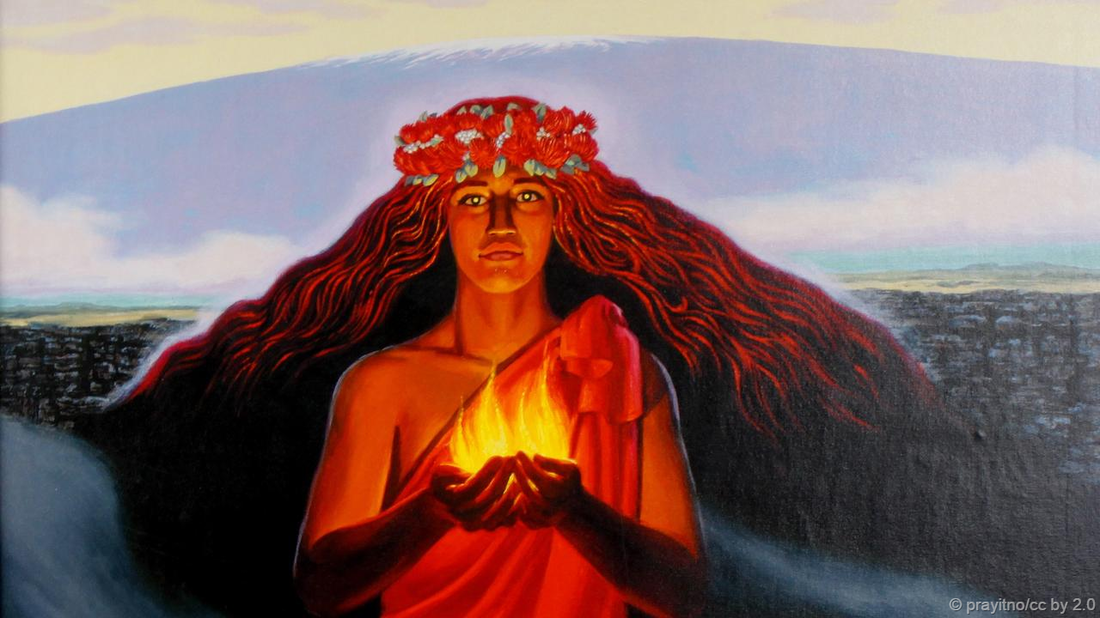|
"The cultural memory was right, and our scientific surveys were wrong."
"You attribute it to supernatural forces and you say it is a battle between the giants and the gods. . . . These traditional oral tales can contain valuable information ... In particular they can contribute “missing data” ... about events that happened hundreds or thousands of years ago." “I believe that the analysis of myths is hugely important,” Nunn says. “It can help bridge the gap between geological theory and human history and lead to scientific insights.” "Only in the early 21st century did geologists find evidence to confirm the myth’s timeline. . . . 'We were clearly wrong and we only realised this very recently,' Swanson says. 'It’s pretty embarrassing that geologists failed to take the Pele–Hi‘iaka chants into account because we hadn’t believed that the chants had any real meaning.'" "Maybe myths provide a valuable tool for coming to terms with destruction and disaster, or living under a constant umbrella of uncertainty. . . . Myths can provide meaning and the rituals they inspire can provide comfort and a sense of security, Dvorak says. “Myths and rituals help people cope with disaster" Read the article in full here.
0 Comments
Your comment will be posted after it is approved.
Leave a Reply. |

 RSS Feed
RSS Feed